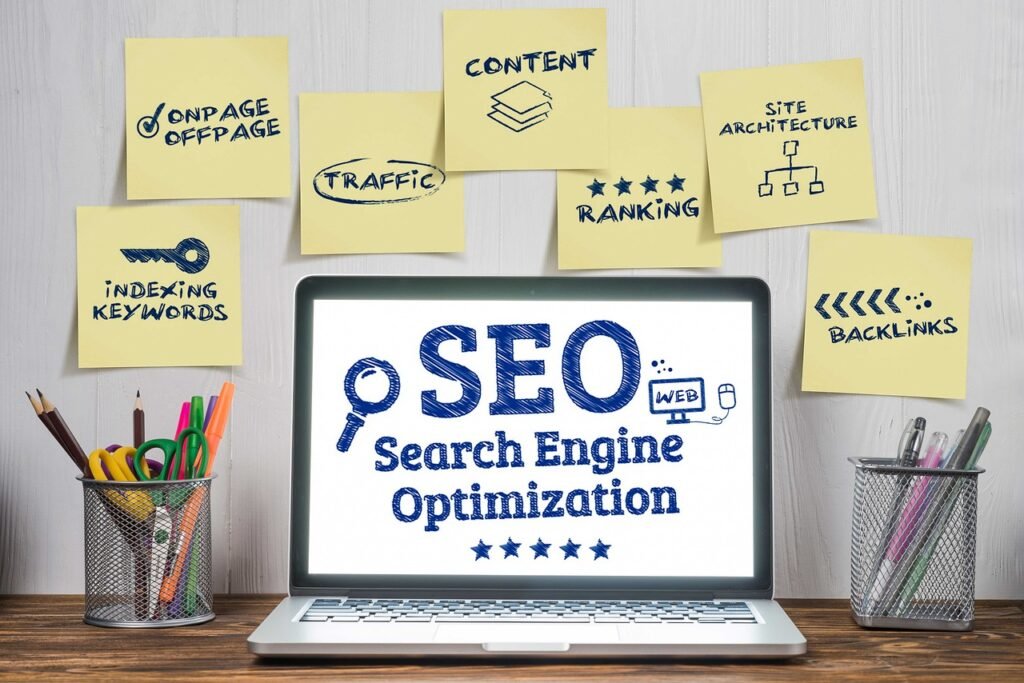Does the way web pages are created – and the content management systems used to build them – influence your content’s ranking? In this video, John Mueller discusses whether or not a CMS influences the visibility of your web content.
Resources:
Robots meta tag, data-nosnippet, and X-Robots-Tag specifications documentation → https://goo.gle/3yJnzDQ
Meta tags that Google understands → https://goo.gle/34Gp0Yu
Send us your questions on Twitter with the hashtag AskGooglebot and your question might be answered!
Google Search Central on Twitter → https://goo.gle/searchc-tw
Watch more AskGooglebot episodes → https://goo.gle/2OjWcvS
Subscribe to the Google Search Central Channel → https://goo.gle/SearchCentral
#SearchConsole #SEO #AskGooglebot
source

Subscribe to keep up with the latest news → https://goo.gle/SearchCentral
"as far as I know…" and "as far as I can tell…" lol Thanks Google!
"SEO is not magic, it's well documented"
Please tell this to the vast majority in our industry. I've met higher ups unaware of googles documentation.
Search engines don't preference a particular CMS. But your CMS choice plays a major role in ranking and page speed.
The CMS dictates how easy it is for search professionals or site owners to make changes to content and metadata to rank a site. Does it take an hour and multiple emails to make any required changes? or a few secods?
Some CMS and page builders produce a big wall of badly written code for search engines to index, versus clean professional HTML produced by a better CMS.
The approach to how the CMS stores, serves and compresses assets matters. Even the way that a simple image is defined on a web page can be optimized to make sure that we don't introduce cumulative layout shift with responsive images. A good CMS helps take care of concerns like that without the need for a whole lot of constant technical know-how and effort.
DNS, caching, and hosting are often bundled up with the CMS these days – and that technology stack plays a critical role in page speed.
You can absolutely rank a site regardless of your CMS choice. And choosing a good CMS doesn't mean you'll just magically rank.
However, if you choose a good website platform, you'll make life a whole lot easier for yourself.
Probablemente, la mejor resupuesta de John que he escuchado nunca. Por fin claro.
Une réponse claire d'une personne digne de confiance ! Tellement de clients encouragés par des agences web spécialistes d'un seul outil pensent que les soucis de référencement viennent d'un mauvais outil (explication tellement confortable…) ! Et veulent donc refaire leur site avec le CMS magique préconisé ! Mieux vaut se pencher sur les conditions d'une bonne utilisation du CMS, quel qu'il soit 😉
The question you should ask is : what limitations do some CMS have that could affect SEO and the efficiency of certain SEO tasks…
EG : CMS1 can't allow you to add scripts on individual pages without heavy Dev work. Not good of you want to markup a informational page.
Precis Digital (company I work for) has a checklist for this, to ensure less DEV works is convolved in routine SEO tasks.
Ask Matt Cutts. WordPress is king!
Thank you, John.
"As far as I can tell", "doesn't seem"… they are not sure how their own system works, right?
@joomla is best for SEO purpose.
Even though CMS doesn't matter in Search, the related plugins/tools matters. For eg: Google Web stories are available in wordpress, but am not sure about other platforms.
Kindly comment below your views ✌️
Thanks!
Does Google get regular payments from big Websites to promote their rubbish content and dump good content from small websites, or theses big websites pay Google by running google Ads? How does it work, can you please explain?
Does Google prefer a website to become "Topical Authority"?
Is it possible that a CMS that preforms slowly could effect core web vitals for the domain its on?
I like this Very Informative John thanks for sharing
Google – a mafia who allows click fraud and click farms. After 15 years of doing Google ads I have seen click fraud to reach 1900%. Google kills small businesses by allowing this. Google is evil!
Amazing knowledge 👏 👌 🙌 💯
Thanks for the clarification 👍
Thanks 👶